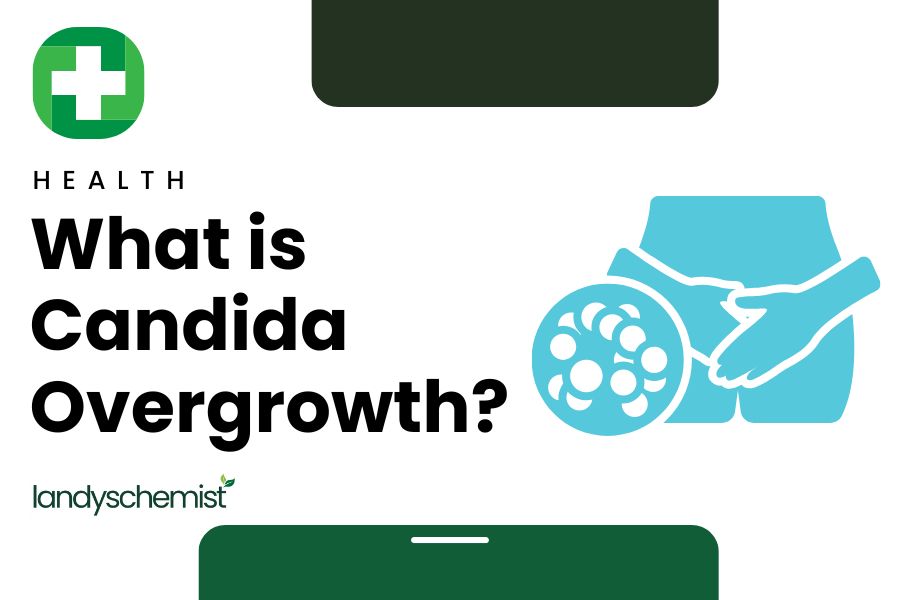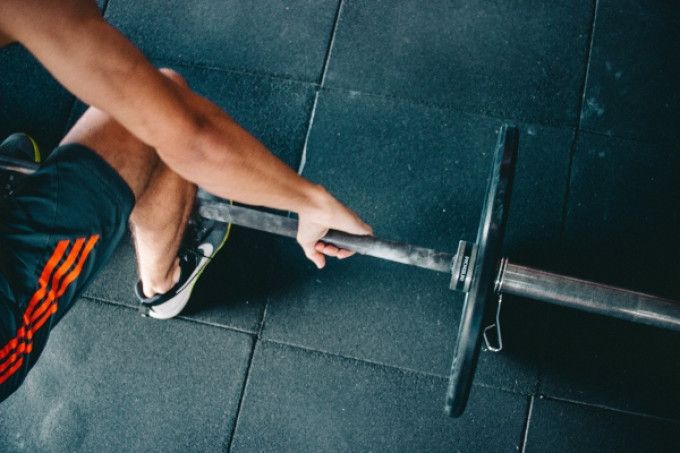
How To Prevent Hypokalemia & Choose The Right Potassium Supplements
By Panasha Desai, Pharmacist (GPhC 2071387)
Potassium is a mineral and an electrolyte. It is sometimes confused with vitamin K as the periodic table symbol for potassium is K, but they are very different nutrients. Potassium regulates our fluids and is vital for the healthy functioning of our bodies - so getting enough of it is very important.
A potassium deficiency can cause everything from minor to major issues for your health. You might have heard that bananas are plentiful in potassium and tempted to think that eating a banana a day is enough to keep your body plentiful in potassium. It can work for some people (within a broader balanced diet) but it won’t work for everyone. Understanding the nuances of a potassium deficiency, as well as if you can get too much of it, will help you to stay happy and healthy.
This is why we’ve created this guide on how to prevent a potassium deficiency and how to choose the right potassium supplements to support your lifestyle, should you need them.
What Is Potassium?
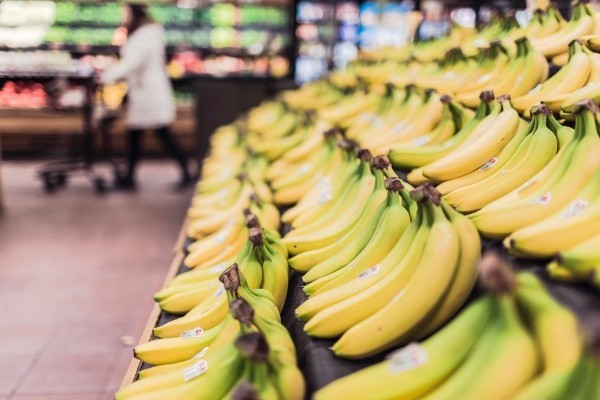
Potassium is a mineral which allows our body to regulate body fluid, keeping you hydrated, supporting the healthy functioning of the nervous system and helping with muscle contraction. It does a lot!
An Adult Requires 3,500mg Of Potassium Per Day
The recommended daily dose of potassium is 3,500 mg a day for adults, with an upper limit of 3,700 mg per day. Children require between 800 mg and 3,500 mg per day, starting at 800 mg in their first year and that amount increases every few years until they reach the adult requirement.
Putting that in perspective, an average banana contains 330mg per 100g and one banana will weigh around 120 grams, so you’re looking at about 396mg of potassium per banana. You’d therefore have to eat around 9 bananas to get your daily dose of potassium as an adult, which is a lot for most people.
High Potassium Rich Foods
Most people aren’t trying to get all their mineral or vitamin needs from a single food, as in the above example of a banana and potassium. And there isn’t just one ingredient that offers each vitamin or mineral, rather a balanced diet which can consist of meat, fruits and vegetables contain multitudes of nutrition.
Some other foods that are high in potassium include:
- Salmon and Tuna – but not in brine as saltwater negates the potassium
- Yoghurt and fat free milk
- Eggs
- Macadamia nuts and almonds
- Mushrooms, potatoes, spinach
- Avocados and tomatoes
- Bran and wheat germ
- Wholemeal pasta
- White beans
A balanced diet, allowing for any dietary restrictions you may have, should include a range of these foods to ensure you get your daily dose of potassium.
What Is Hypokalemia?
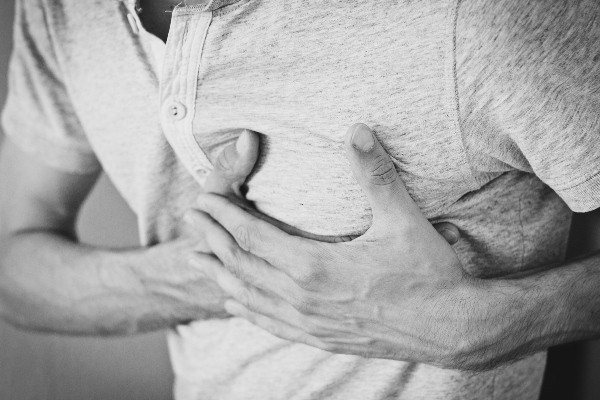
Hypokalemia 'refers to the condition in which the concentration of potassium levels in the blood is low’. A potassium deficiency can be painful and even dangerous, since potassium is so important for the body to function properly.
Low Potassium Symptoms
Since potassium is responsible for muscle contraction, low levels of potassium can leave muscles feeling weak or twitching, it can also cause cramps or even paralysis or abnormal heart rhythms.
A slightly low level of potassium in the blood won’t have any symptoms, only when the levels become significantly below what the body needs will there be symptoms. These can include (apart from muscle weakness, twitching and paralysis):
- Frequent urination – which can be a sign of kidney problems
- Abnormal heart rhythms – which may appear even at a slight drop in safe levels
Causes Of Potassium Deficiency
There are a number of medical conditions that can cause a potassium deficiency, such as:
- Eating disorders – where purging or laxative abuse causes the body to become dehydrated
- Diarrhoea – in extreme cases
- Vomiting – in cases of excessive vomiting, the acid loss from being sick causes potassium to pass through the body via urination, without being absorbed.
What To Do If You Think You Have A Potassium Deficiency
The problem with the symptoms for a potassium deficiency is that they can be confused with a multitude of other symptoms for other problems. The only way to know for sure is by doing a blood test. If you are concerned that you may have hypokalemia, then you should contact you GP and request a potassium test.
Cases Of Low Potassium Levels From Diet Alone Are Rare
Thankfully, according The NHS, dangerously low levels of potassium caused by poor diets alone are rare. With a considered diet, you are likely to get enough potassium for you body to function, even if you aren’t reaching the recommended daily dose every single day.
Hypokalemia Treatments
The cause of hypokalemia and how severe the case is will determine the treatment. A GP will be able to advise on this for anyone once they have been diagnosed. In general taking potassium chloride orally is the treatment of choice for most patients.
It is also important to be aware that if you are suffering from any other conditions, particularly in potassium related areas of the body such as the heart or kidneys, then you should be speaking with a professional before undergoing any kind of treatment for a potassium deficiency.
What Potassium Supplements Should You Take?
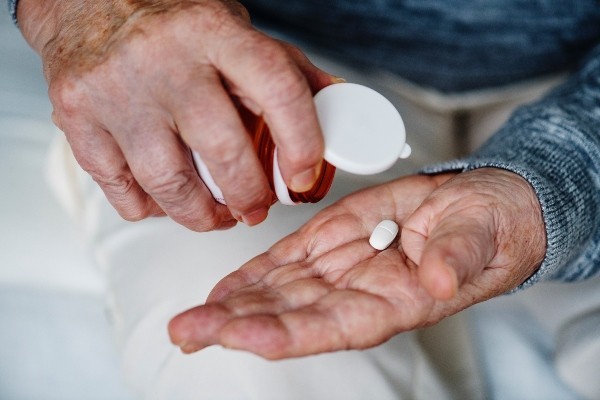
Potassium supplements are great for anyone who is concerned that they aren’t getting enough potassium or who aren’t able to consume foods which contain potassium. Just as vitamin D is recommended to those who aren’t able to get out in the sun, potassium supplements are great for those with allergies to potassium rich foods or are otherwise unable to get their daily dose from food.
Landys recommends the following vitamin supplements:
- Just potassium: Solgar Potassium Tablets 100 – if you are only looking to increase your potassium intake these supplements are ideal.
- In combination with other minerals: Viridian Potassium and Magnesium Powder 150g – if you have tired muscles, you might want to combine potassium supplements with magnesium, which is also key in healthy muscle function.
- As part of a multi-nutritional top up: Viridian Sports Multi Veg Caps 60 – depending on your diet and lifestyle you might want to include a multi supplement which contains a range of vitamins and minerals, including potassium.
What Are The Risks Of Taking Potassium Supplements?
The main risk of taking potassium supplements is taking too many. To avoid Hyperkalemia (too much potassium in the body) you should not be getting more than a combined dose of 3,700 mg per day of potassium from supplements and foods. You should be especially aware of what is in your multi-vitamin and mineral tablets.
There are also health conditions that can mean you are more susceptible to getting too much potassium. Kidney disease in the most common cause of hyperkalemia, but there are a few other conditions that mean you need to be cautious about your potassium intake:
- Hemolysis
- Rhabdomyolysis
- Diabetes (if you are not having it controlled with diet or medication)
- Lupus
- Hormonal disorders.
If you are experiencing any of the above conditions or other kidney related diseases then you should speak to a GP before taking any potassium supplements.
Find Out More About Vital Vitamins & Minerals
There are lots of vitamins and minerals that your body needs to function at its best. Understanding how each vitamin or minerals works, where you can get it from and how much you need, is the best way to ensure you have a balanced, healthy diet.
Use our Landys Glossaries to find out more:
Disclaimer
The products offered are not intended to diagnose, treat, cure, or prevent any illness or disease, or replace the advice of a medical professional. Results are not guaranteed and may vary from individual to individual.


